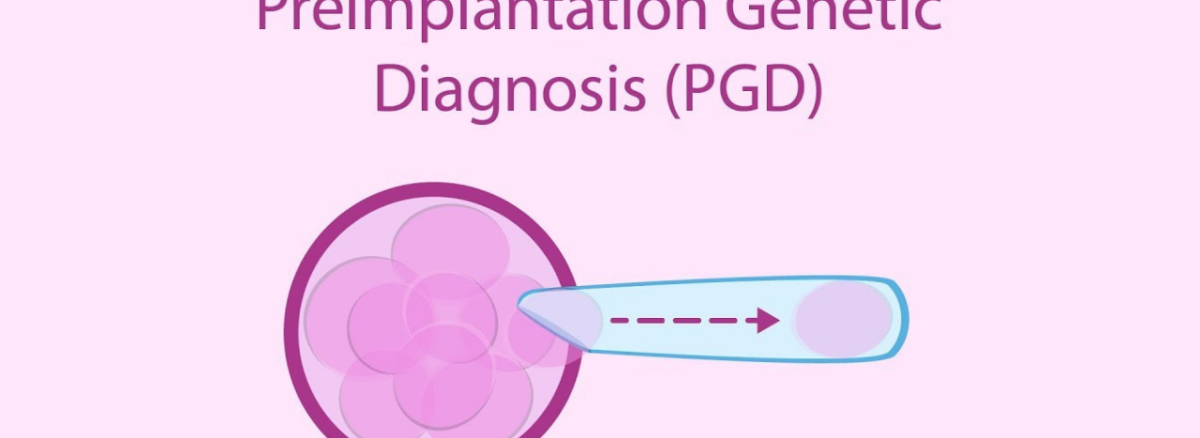PGD is a procedure that checks the embryos created during an IVF
procedure for specific genetic conditions. This allows only normal embryos
free of genetic defects to be transferred into the womb for implantation.
Also known as Preimplantation Genetic Testing (PGT-M), it involves taking
a biopsy of embryos following a successful IVF procedure. The sample is
sent for PGD while the embryo is frozen and stored in nitrogen chambers
until the result of the test is available.
Embryos that have been tested and are free of the condition will be
replaced later in your womb to continue to develop. The procedure was
developed as an alternative to current prenatal diagnoses where the fetus
in the mother’s womb is checked for genetic abnormalities from the 10th
week of life in-utero.
INDICATIONS FOR PGD
PGD is indicated for:
Couples who have had a child with a serious genetic disorder
Couples with a family history of serious genetic anomalies
Couples with a family history of chromosomal problems
Couples with recurrent IVF failure.
Couples with recurrent miscarriage
Women over 40 years of age
The PGD procedure is safe and does not increase the risk of
developmental challenges in babies born after the procedure. However, it
doesn’t guarantee that the IVF procedure will be successful and there is a
small chance that the biopsied embryo may be damaged during the biopsy
procedure necessitating discarding such an embryo. PDG is also not 100
% correct; hence the test may produce a wrong result and mislead the IVF
team.
PGD is popularly used in sex selection. Sex selection is a means of
achieving the desired sex of an offspring mostly before the implantation of
the embryo. It is also called family balancing because it attempts to ensure
the presence of the desired gender in a family, particularly a male child.
In many cultures of the world including Nigeria, there is a preference for
male children. Factors responsible for sex selection include:
1. A preference for sons who will continue the family lineage and inherit
the family property thus securing its future
2. Reduced childbearing, thus encouraging couples to determine the
sex of their children
BENEFITS OF PGD
PGD has been known to improve IVF success, reduce the risk of
miscarriage, and reduces the risk of multiple pregnancy and birth outcome.
Advancements in technology and increased adoption of PGD in the field of
reproductive medicine may lead to potential cost reductions over time. As
more clinics and laboratories offer PGD services, there could be increased
competition, which may drive down prices.
Additionally, improvements in genetic testing techniques and laboratory
processes could help streamline the PGD procedure, potentially reducing
costs. As technologies evolve, more efficient and cost-effective methods for
genetic testing may be developed, making PGD more accessible and
affordable. It would be best to consult with fertility clinics or genetic testing
laboratories to inquire about the current costs and any potential changes or
trends in pricing.

